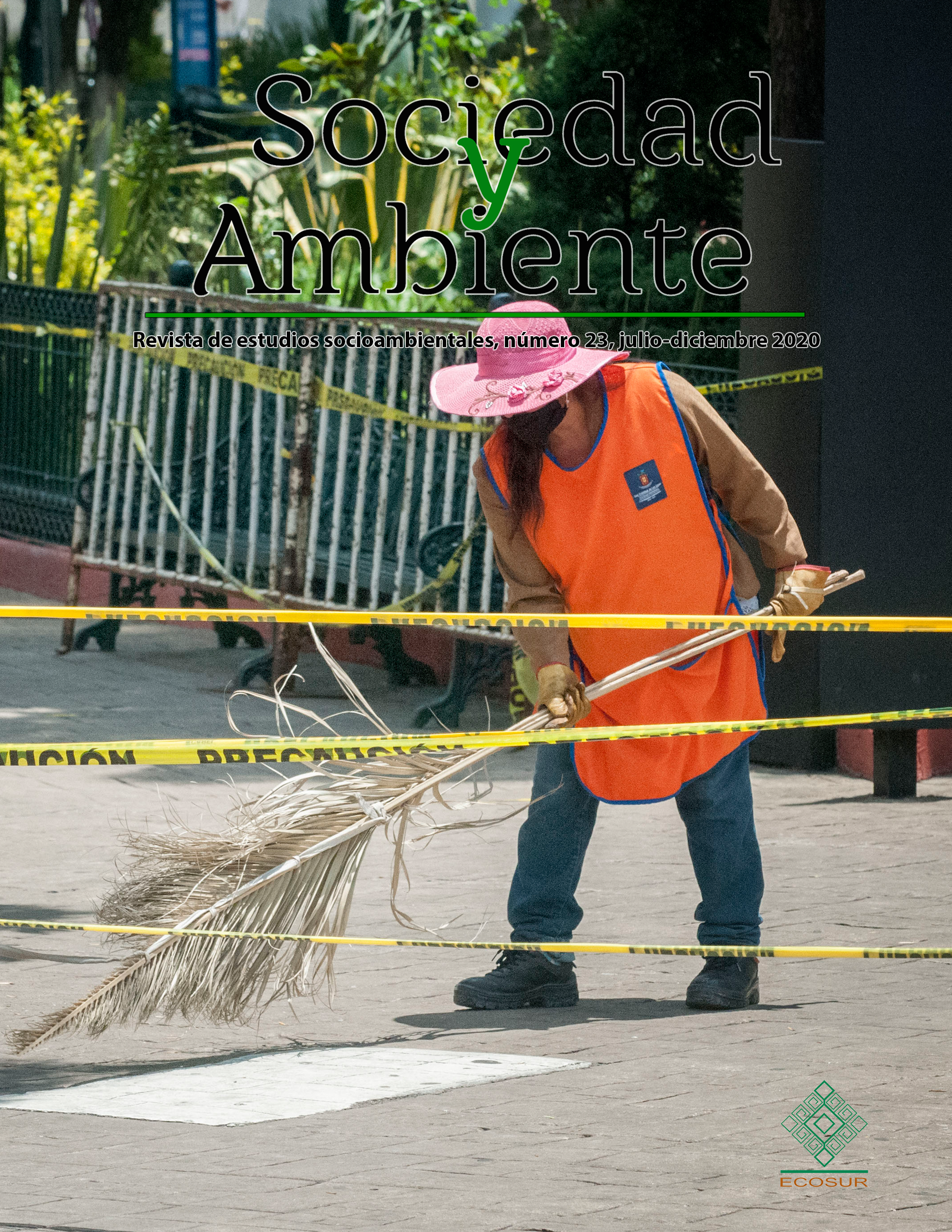Abstract
This study is set in Mexico City. The research problem of this article begins with the premise that in the urban periphery, conservation policies have a territorial expression interpreted in different ways by some of the actors involved in its management. A series of interviews were conducted with two focus groups: landowners and public officials. Among the key results of this study, in the group of ejidatarios and comuneros, the main problem is the lack of consultation with the owners of the land in the territory called conservation areas. Whereas for public officials the main problem is the absence of policies able to compete with speculation and land selling. Whereas landowners see the problem in terms of their relationship with the authorities and from a territorial logic focused on the local environment, for most officials the difficulties are institutional (lack of policies, overwhelmed juridical instruments, lack of coordination) and are expressed on a scale that tends to omit the inhabitants of indigenous villages.

Sociedad y Ambiente by ECOSUR is licensed under a Creative Commons Reconocimiento-NoComercial-SinObraDerivada 2.5 México License

